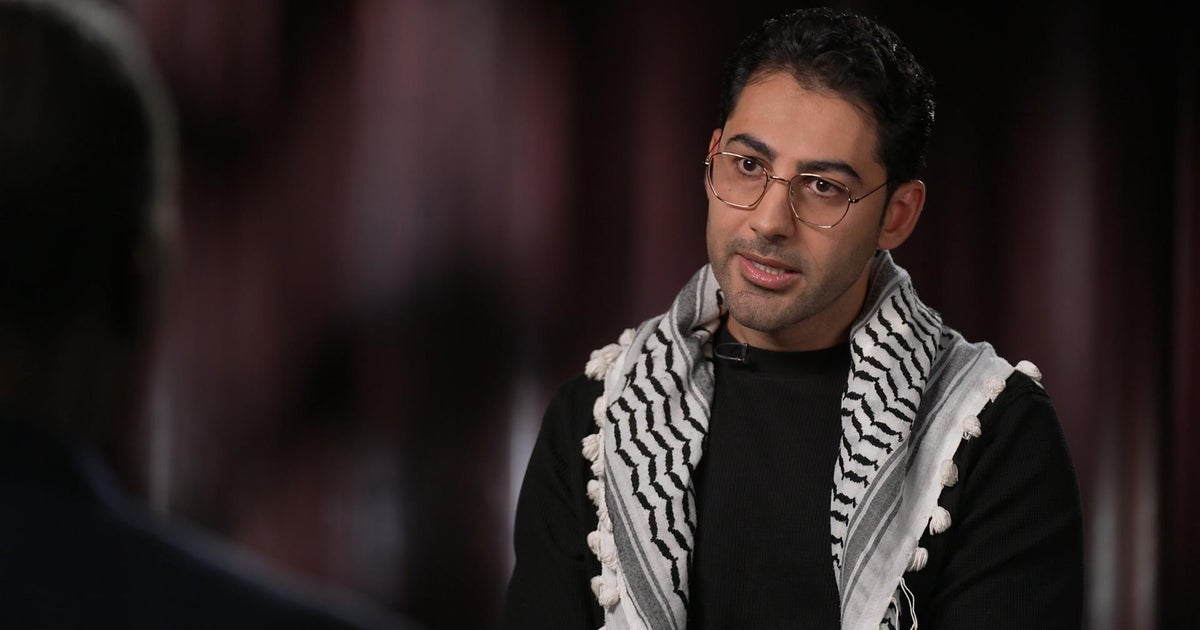In a recent turn of events that has sparked considerable debate about the intersection of immigration policy, free speech, and international politics, Mohsen Mahdawi, a Palestinian Columbia University student, was released from detention following a judge’s decision in Vermont. This case throws a spotlight on the complex dynamics at play between student activism and governmental response under the Trump administration’s policies.
On the chilly morning of April 16, Mahdawi, who holds a United States green card, attended his scheduled U.S. citizenship interview, a step many immigrants see as the final hurdle in their long journey toward American citizenship. However, instead of progressing through the usual procedures, he found himself taken into custody by immigration authorities. The surprising twist to what should have been a routine interview marked the beginning of a complex legal battle that would involve high stakes arguments on constitutional rights and foreign policy.
The rationale behind Mahdawi’s detention, as argued by government lawyers, hinges on a controversial provision of the Immigration and Nationality Act which suggests that an individual can be deemed removable if their “presence and activities in the United States would have serious adverse foreign policy consequences.” This provision, often reserved for extraordinary cases, was invoked with the claim that Mahdawi’s activism at Columbia University, particularly his participation and leadership in pro-Palestinian protests amidst the escalating Israel-Hamas conflict, might compromise compelling U.S. foreign policy interests.
These events at Columbia were part of a larger wave of campus activism that has seen students across various U.S. universities rallying for Palestinian rights. This movement gained traction in the early months of the conflict, drawing significant media attention and, as seen in this case, scrutiny from federal authorities. In response, Secretary of State Marco Rubio confirmed in March that around 300 visas had been revoked under similar contexts, underscoring a rigorous approach to such matters by stating, “Every time I find one of these lunatics, I take away their visa.”
Mahdawi’s case was brought before Judge Geoffrey Crawford in Vermont, who noted the considerable implications of the arguments presented. Drawing parallels to historical episodes like the Red Scare and McCarthyism of the 1950s, Judge Crawford highlighted how immigration laws had previously been used to suppress free speech and curtail debate—an angle that Mahdawi’s attorneys emphasized repeatedly, arguing that his detention was essentially a retaliation against his protected speech under the First Amendment.
Outside the courthouse in Burlington, upon his release, Mahdawi expressed a sentiment that resonated with many of his supporters and fellow activists: “Yes, you might think I am free, but my freedom is interlinked with the freedom of many other students.” His statement underscored an ongoing concern about the broader implications of his case for other foreign students in the U.S., particularly those involved in political activism.
In addition to Mahdawi’s scenario, similar cases have emerged spotlighting other students such as Mahmoud Khalil and Rümeysa Öztürk, both also green card holders, who are facing detention in Louisiana for activities akin to Mahdawi’s. These parallel circumstances create a complex tableau reflecting the tensions between national security, foreign policy, and the constitutional rights of individuals residing in the U.S.
Critics of the government’s stance argue that such measures could set a dangerous precedent, potentially stifling dissent and activism on American campuses—an essential element of the country’s robust democratic and free speech principles. On the other side, proponents argue that these actions are necessary components of maintaining the country’s stance and security in international matters, particularly those as volatile as the Israeli-Palestinian conflict.
For now, Mahdawi’s immigration case remains unresolved, with another hearing slated. The future remains uncertain not only for him but potentially for many other foreign nationals engaged in activism within the U.S. This unfolding narrative continues to challenge the boundaries between civil liberties and governmental oversight in the context of global interconnectedness and heightened national security concerns. The outcome of this case could very well influence U.S. immigration and free speech policies for years to come, marking a significant milestone in the ongoing debate over the balance between national security and individual rights in an increasingly polarized world.









